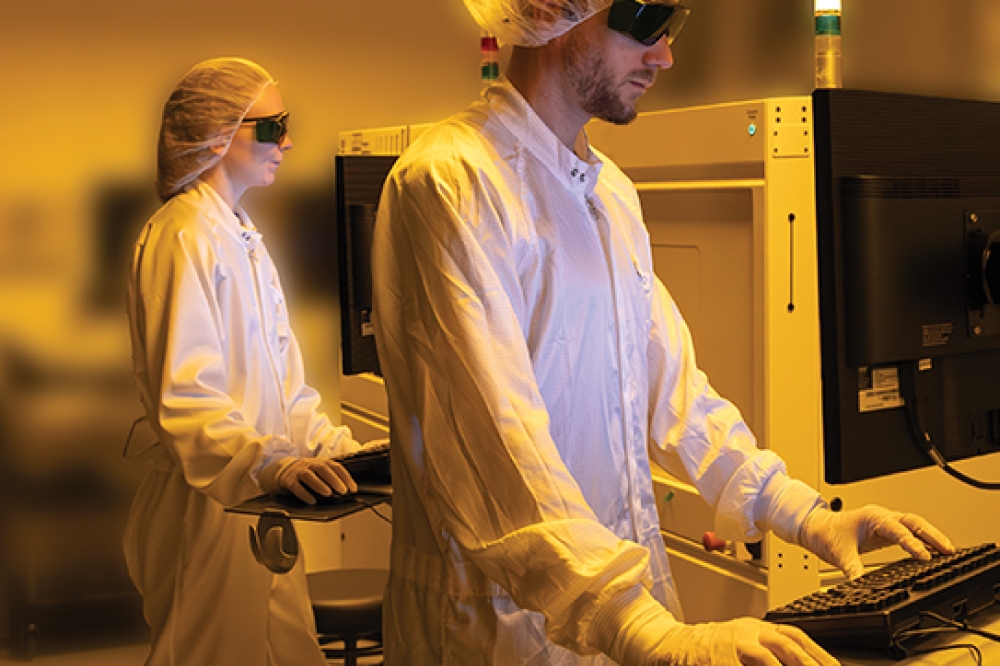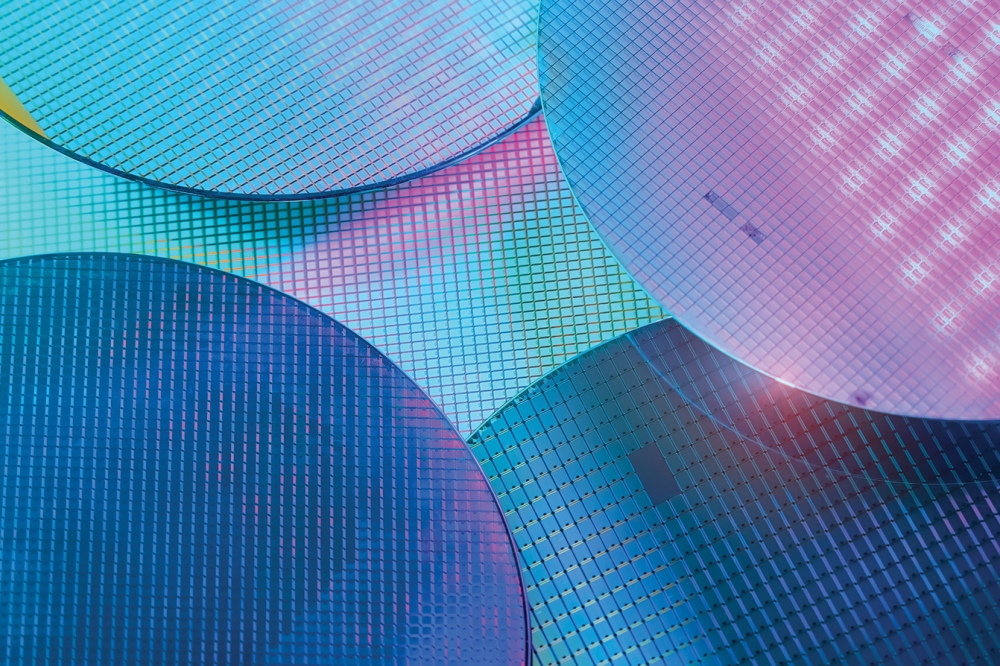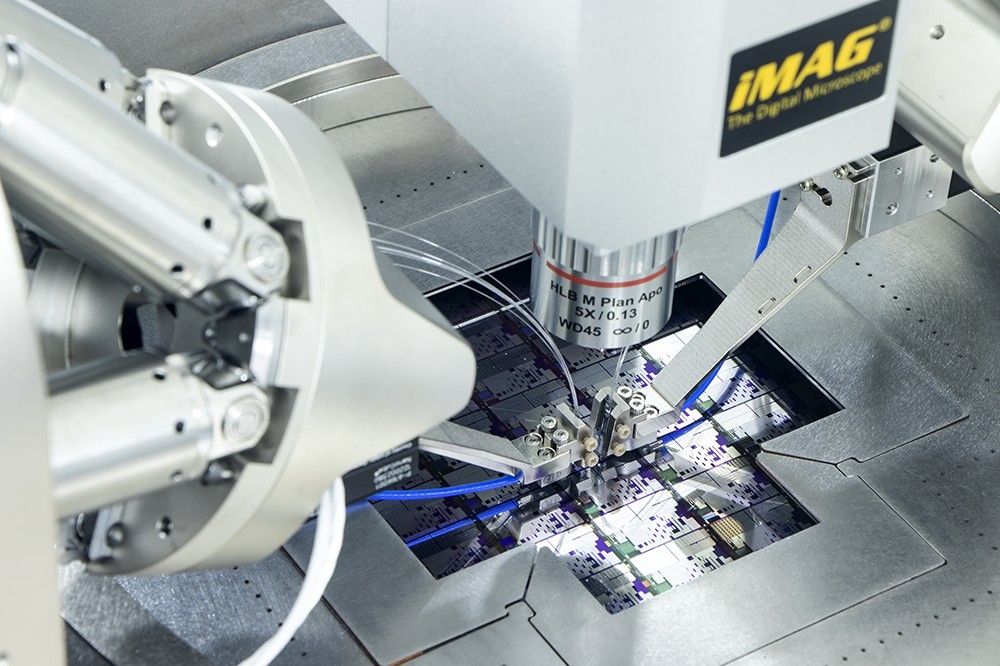La Luce Cristallina opens Texas fabrication facility for barium titanate wafers

The company says its solution offers better speed, a smaller size, and lower power consumption than silicon photonics modulators, while addressing the integration challenges of alternative materials, delivering a high-performance, foundry-compatible, electro-optic platform for datacentres
La Luce Cristallina, a manufacturer of silicon-integrated materials with a focus on barium titanate (BaTiO₃), has announced it has launched its new 200-mm (8-inch) BaTiO₃ wafer and opened a new fabrication facility in Austin, Texas. According to the company, the facility expands capacity for wafer-scale fabrication of its crystal-on-glass BaTiO₃ substrates, supporting growing demand from datacentres, telecommunications, sensing, computing, and integrated photonics markets. With equipment provided by DCA Instruments, a Finnish manufacturer, the facility aims to enable closer collaboration with partners and customers worldwide through a secure US-based supply chain. La Luce Cristallina is now taking orders for its 200-mm wafer, with delivery slated for early Q1 2026.
With the rapidly growing global optical interconnect market expected to reach $34.54 billion by 2030, La Luce Cristallina says its 200-mm BaTiO₃ platform arrives at a critical inflection point for AI and datacentre photonics. The company says its 200-mm wafer offers better speed, a smaller size and lower power consumption than silicon photonics modulators, while addressing the integration challenges of alternative materials.
La Luce Cristallina’s solution aims to deliver a high-performance, foundry-compatible, electro-optic platform that supports the capacity demands of AI workloads and high-density optical interconnects. Additionally, BaTiO₃ offers more longevity and multiple generations of device innovation (over 10 years) when compared to materials such as lithium niobate, the company says, helping customers prepare for current and future photonics demands while securing quicker and higher returns on their investments. The company’s solutions could also support emerging use cases in quantum computing, aerospace, and defence applications.
La Luce Cristallina says it leverages RF sputtering to achieve scalable manufacturing, enabling it to produce multiple 200-mm wafers per day, outpacing the manufacturing volume of other methods of producing BaTiO₃ on silicon. The company adds that it maintains a secure supply chain, utilising US-sourced silicon and qualified international partners for SOI wafers.
According to La Luce Cristallina, its solution integrates cleanly with silicon manufacturing processes and avoids chemical contamination issues associated with lithium niobate and similar materials. The company says its 200-mm wafer also offers better reliability than electro-optic polymers, maintaining optimal performance even under high temperatures, high-frequency operations, radiation and other adverse conditions.
“This new facility represents continued progress in our mission to build a secure US-based supply chain for BaTiO₃, helping us serve current and emerging markets across the telecommunications, datacentre and defence sectors,” said Alex Demkov, CEO and co-founder of La Luce Cristallina. “Our new 200-mm wafer helps our customers unlock innovation by solving the speed, size and production limitations of competing materials, signifying the transformation of decades of academic research into a scalable, practical solution.”
The company says its BaTiO₃ substrates are backed by university researchers, with scientists at UT Austin reporting the lowest propagation loss in a monolithic BaTiO₃ waveguide utilising the company’s photonic materials, and researchers from the University of Illinois recently achieving an intrinsic quality factor of over one million with its low-loss BaTiO₃-on-insulator integrated photonics.
“La Luce Cristallina’s solutions signify continued technological evolution to support datacentre interconnection, AI workloads and other high-capacity use cases,” said Ron Kelly, CEO of Ambature, Inc., and recent La Luce Cristallina customer. “The company’s recent capability in manufacturing high-quality 200-mm silicon wafers will enable Ambature to produce its quantum-based SQUID sensors and HPC processors at scale for datacentres and AI in the growing military and commercial markets.”

































